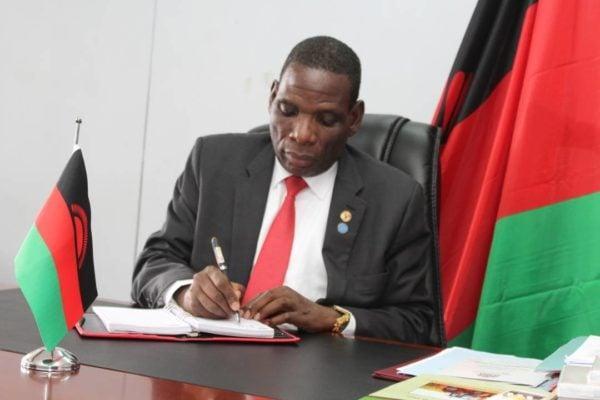By nyasatimes
Africa-Press – Malawi. The Government’s newly announced Expenditure Control Measures are not just administrative adjustments or routine fiscal housekeeping. They are a political signal—clear, loud, and uncomfortable.
A nation that, only months ago, boasted of “homegrown solutions” and a sovereign path to recovery is now rolling out measures that read like they were photocopied directly from an IMF austerity handbook.
The suspension of recruitment, the freeze on procurement of vehicles, restrictions on foreign travel, the shrinking of embassies, centralized approval of delegations, and tightened procurement through IFMIS are not imaginative governance innovations. They are the familiar language of external financial conditionality—a brand of fiscal compliance Malawi has lived under before, and perhaps never fully escaped.
The pattern is too recognisable to ignore.
Whenever the IMF steps in, the first targets are almost always the public workforce, non-essential procurement, government travel, and diplomatic expenditure. These categories are politically easy to cut because they hit the civil service and state operations—groups that do not command the same political capital as private importers, procurement cartels, fuel middlemen, or forex smugglers.
And yet, if Malawi’s fiscal crisis were truly being confronted honestly, it is precisely those powerful networks that would be under scrutiny. Instead, the government has chosen to tighten the belt where it hurts the functionality of the state, not where it hurts the entrenched beneficiaries of state capture.
The government claims that restrictions on external travel are intended to conserve foreign exchange. But the real haemorrhage of forex does not come from conference rooms in Addis Ababa or Pretoria.
It comes from gold leaving the country unaccounted for. It comes from tobacco sales where declared values never match real market earnings. It comes from gemstone exports routed discreetly through private handlers. It comes from overpriced fuel procurement where a small circle of politically protected importers walk away with foreign currency profits, while the state remains in permanent shortage. Austerity becomes an easy performance when the savings are extracted from those who cannot fight back.
There is also the issue of sovereignty.
Economic policy is supposed to be a forum of national debate—contested, discussed, debated, and legislated with citizens in mind. Yet these measures were not debated in Parliament. They were not subjected to public discourse. They were issued as directives. A government confident in the domestic ownership of its decisions invites debate. A government implementing instructions does not. The shift is subtle but unmistakable: democratic choice is giving way to technocratic compliance.
To be clear, fiscal responsibility is not a crime. A country must live within its means. But what matters is whose logic defines the means and whose priorities determine the sacrifice. When cuts target the operational capacity of the state rather than the leakages that cripple the economy, then austerity becomes not a solution, but a quiet surrender.
Which brings Malawi to a question of national identity. Are we making decisions for ourselves, or are we managing instructions drafted elsewhere? Is our government governing, or merely administering policy conditions tied to foreign financing? The tone, timing, structure, and intent of these measures suggest the latter. They do not reflect a confident state asserting sovereignty, but a state adjusting itself to qualify for approval.
Malawi therefore stands at a pivotal moment. We can continue down a path where economic governance is shaped by creditors rather than citizens, or we can confront the deeper structural failures that made us vulnerable to conditionality in the first place. Our challenge is not only to stabilise the economy, but to do so without auctioning away the very idea of self-determination.
Because if these decisions are no longer ours—then what else have we already given away?
Source: Malawi Nyasa Times
For More News And Analysis About Malawi Follow Africa-Press






